curated by Frieda Toranzo Jaeger
A lo largo de mi vida y mi carrera, he tenido la oportunidad de aprender y nutrirme profundamente de la ideas de muchas mujeres, mismas que le han otorgado un poder inexplicable a mis propias ideas, y quienes han potencializado y cambiado mi forma de entender y ver el mundo. Vida Social, es una exhibición colectiva, basada en el pensamiento de la feminista, activista y antropóloga afro-dominicana, Ochy Curiel. Particularmente, está basada en una conferencia otorgada en el marco de la presentación de su libro Descolonización y Despatriarcalización de y desde los feminismos de Abya Yala, (Ochy Curiel, María Galindo, ACSUR- Las Segovias, 2015), durante la feria del Libro Index de la ciudad de Mexico en el 2021.
En ésta, Curiel abordó la manera en la que la sociología contemporánea latinoamericana ha tomado la teoría de ontologías relacionales y cosmo-praxis como punto de relación para que podamos entender de otra manera nuestra “vida social”, dejando a un lado el antropocentrismo y el reduccionismo cultural, para encontrar el “estando-vivo”, una instancia caracterizada por las dinámicas relacionales que se producen entre sus integrantes (cosas, seres, entornos, ambientes). Metafóricamente, podemos hablar de “trenzados” de vida, constantes y abiertos, que abren nuestras existencias a una dialéctica compleja que está cambiando constantemente, en vez de reducirnos a categorías homogéneas para la absorción del capitalismo y el control derivado del consumo de nicho.
Me interesa explorar la idea de la cosmo-praxis y la sensibilidad relacional en un espacio de arte, como aquella que denota la dimensión social de la vida en constante movimiento entre casas, familias, vivos y muertos, paisajes, animales, sistemas, cerros, valles y cuerpos de agua.
La experiencia humana se mueve constantemente bajo sus propios impulsos, pero también es movida -y con-movida- por los contextos o entornos –con todo aquello que nos sucede e impacta, generando así continuas sincronizaciones entre todos estos movimientos (líneas, o rizomas) y nuestras pulsiones de vida y muerte. Este proceso entero se entrega, integra y hace evidente en la práctica artística, encerrando todas estas experiencias en la semiología de los materiales y medios, que permiten generar abstracciones que conectan y tejen todo esto en una totalidad, hecha por nosotros y para otros.
Un mundo en donde caben todos los mundos.
Mi interés curatorial en esta ocasión, se basa en traer a este espacio, una selección de artistas cuyas prácticas que han chocado con mi propio mundo, por alternas, disímiles o disidentes, y que en ese sentido son un mundo en sí mismo, abordado desde la inevitable imprimatura de los artistas incluidos, quienes habitamos estas geografías políticas que nos unen, a su vez, a otro submundo; el del trauma post colonial compartido, que ha desfigurado y reconfigurado nuestras identidades, pero desde donde resistimos para seguir diseñando, creando y abstrayendo nuestros mundos y posibles futuros.
Me complace mucho exhibir y gestionar un proyecto en Puerto Rico, lugar que interpela a varios de las artistas invitados. En lo personal, pienso que Puerto Rico es un lugar cuyo poder cultural ha impactado a Latinoamérica y el mundo, a través de expresiones como la música, por ejemplo, vehículo que ha servido para unificar e identificarnos como un todo frente algo que no es homogéneo, reforzando así la idea de la sensibilidad relacional y la cosmo-praxis de Curiel.
Ser artista, es a veces ser isla; conocer tus límites, saberte pequeña, crear tus propios procesos, sentir el aislamiento y re-significar los métodos de conexión con la interdependencia para así trascender.
–Frieda Toranzo Jaeger
**
Throughout my life and career, I’ve had the opportunity to learn and be deeply nurtured and moved by the ideas of many women, women that have given me and my own ideas an inexplicable power; women who have potentialized and changed the way I understand, navigate and experience the world. Vida Social, is an exhibition based on certain concepts by the feminist, activist and Afro-Dominican anthropologist Ochy Curiel. Particularly, on some ideas taken from a conference Curiel gave in the presentation of her book “Decolonization y Depatriarchalization from and within the feminisms of Abya Yala” (Ochy Curiel, María Galindo, Descolonización y Despatriarcalización de y desde los feminismos de Abya Yala, ACSUR- Las Segovias, 2015) at the Index Book Fair in Mexico City in 2021. In it, Curiel addressed the way in which contemporary Latin American sociology has adopted the concepts of relational ontology and cosmo-praxis as connecting points from which we can reconfigure and understand our “social life”, leaving anthropocentrism and cultural reductionism behind, in order to find a “being-alive” state, an instance defined by the relational dynamics produced between its parts; things, beings, contexts and environments. Metaphorically, we can speak about life weavings and rhizomes, constant and open, that broaden our existence onto a complex dialectic that is ever-changing, as opposed to a system that reduces our experience to standardized categories convenient for the absorption of niche capitalism and consumption. I am interested in exploring Curiel’s idea of ‘cosmo-praxis’ and relational sensibility within an art space, as one that denotes the social dimension of life and its constant flux between geographies, houses, families, the living, the dead, landscapes, animals, systems, peaks, and valleys, bodies of water, etc.
Human experience is constantly moving with a pulse and an impulse of its own, but it is also moved – by context and surroundings, propelled by everything that happens to us and impacts us, generating continuous synchronizations and connections between these movements -lines, or rhizomes- and our life and death drives. It is also integrated, exercised and made evident in the artistic practice; experiences conceptualized, contained and then translated from the semiology of a medium and materials that allow artists to abstract concepts that connect, weave, intertwine and become a whole again, made by us and for others.
A world where all other worlds can exist.
My curatorial interest on this occasion is based on a small selection of artists and practices that have clashed with my own world, by being alternative to mine, dissimilar or dissident, and that in that sense are worlds on their own, inevitably expressed by the particularity of each of us and our practices, living in political geographies that connect us to yet another sub-world, one related to a shared post-colonial past and trauma that has disfigured and reshaped our identities, but from which we resist in order to continue designing, creating, and abstracting our current world into a possible future.
I am very pleased to exhibit and curate a project in a country like Puerto Rico, a place that relates to some of the artists in the exhibition. On a personal level, I think Puerto Rico is a place with an immense cultural power that has impacted and reshaped Latin America and the world through expressions like music, for example, serving as a vehicle to unify and gather us- a proverbial us- in the face of something that is impossible to standardize, thus reinforcing Curiel’s idea of relational ontology and cosmo-praxis.
After all, being an artist is at times being an island, knowing your limits, acknowledging your smallness, feeling isolated, creating your own process, and re-signifying the ways in which we connect with interdependency, in order to transcend.
–Frieda Toranzo Jaeger
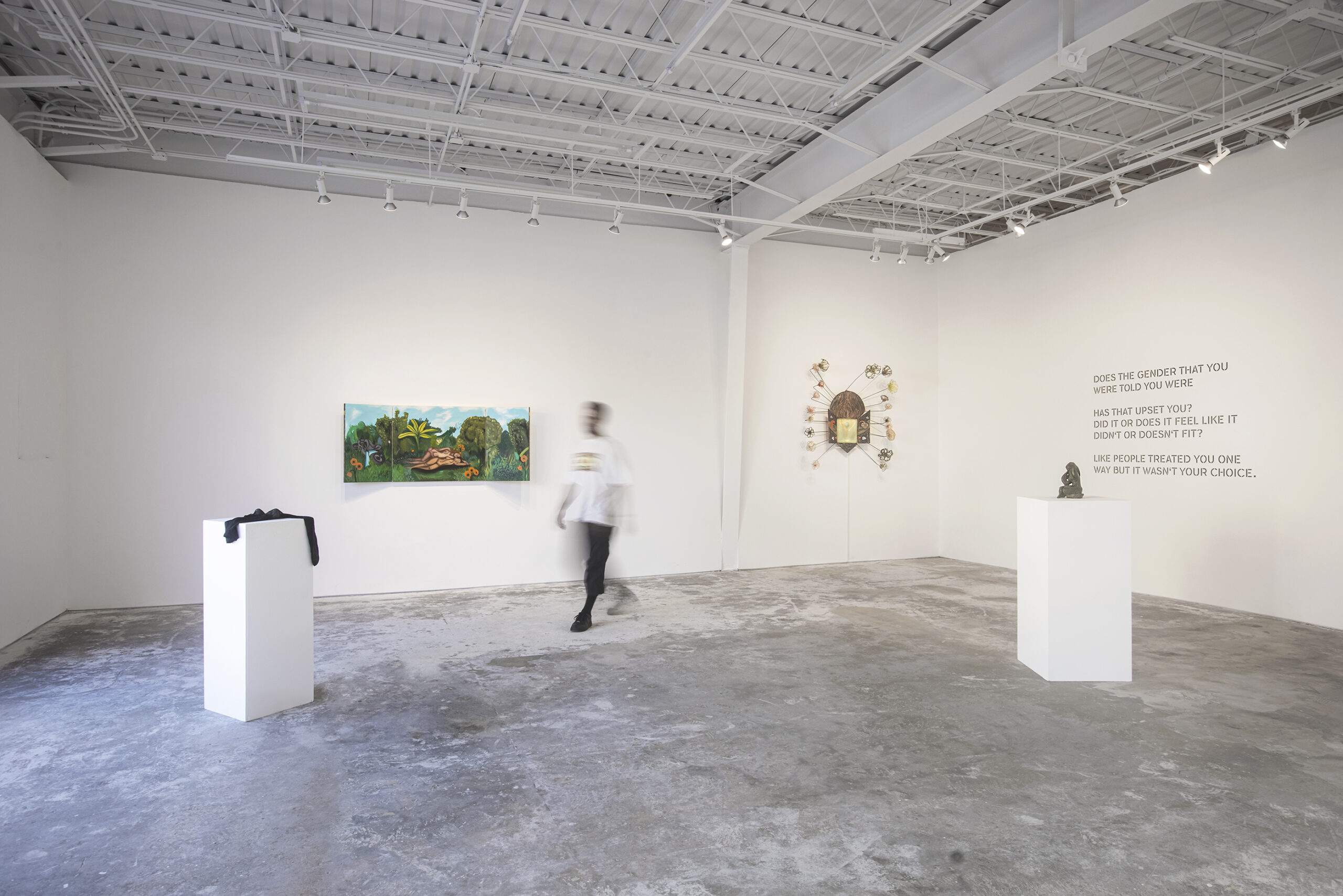
Vida Social, 2023
Exhibition view
From left to right:
Puppies Puppies (Jade Guanaro Kuriki-Olivo), Frieda Toranzo Jaeger, Emilio Gómez Ruiz, Geles Cabrera
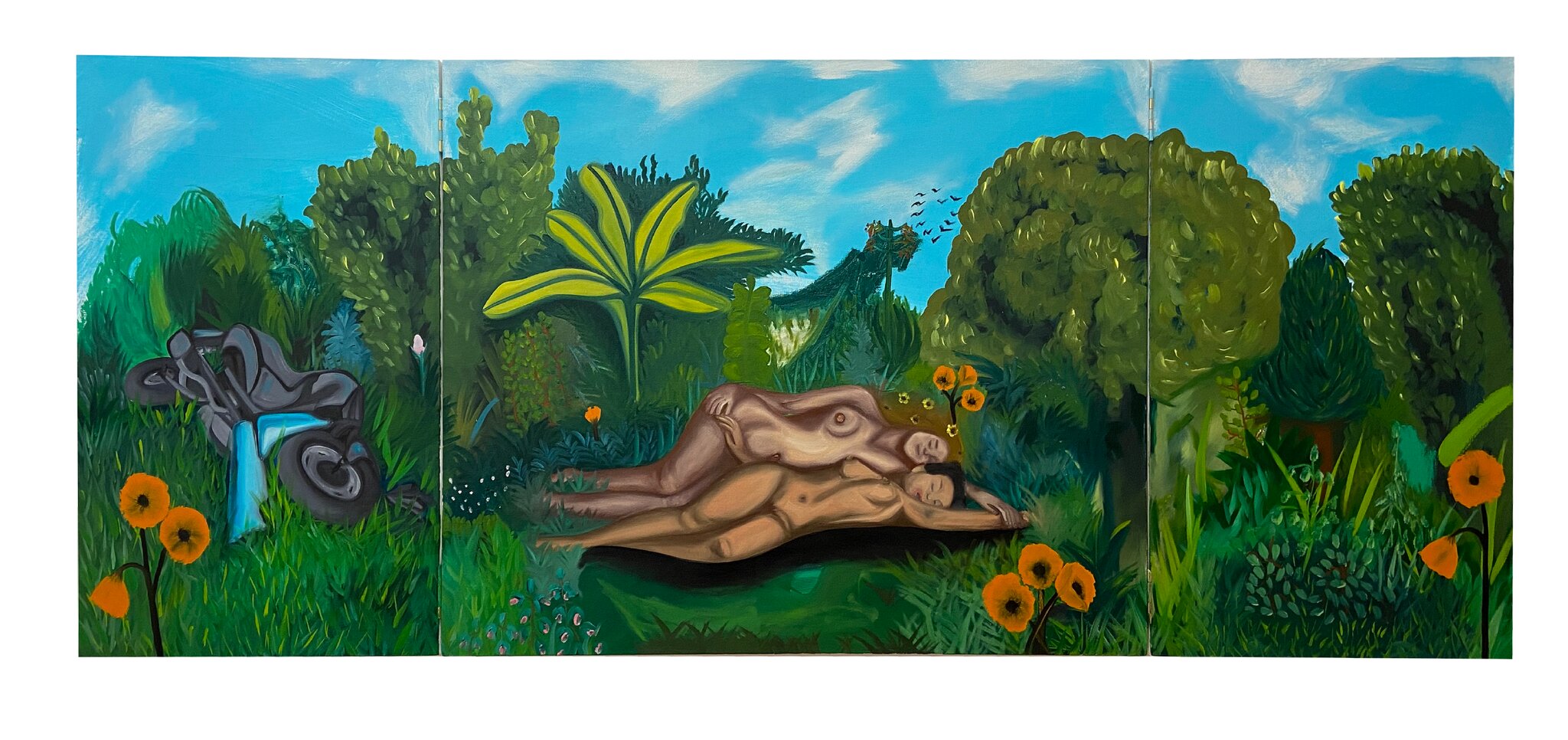
Frieda Toranzo Jaeger
Amapola, 2022
Oil on canvas
75 × 180 cm (29 ½ × 70 ⅞ inches)
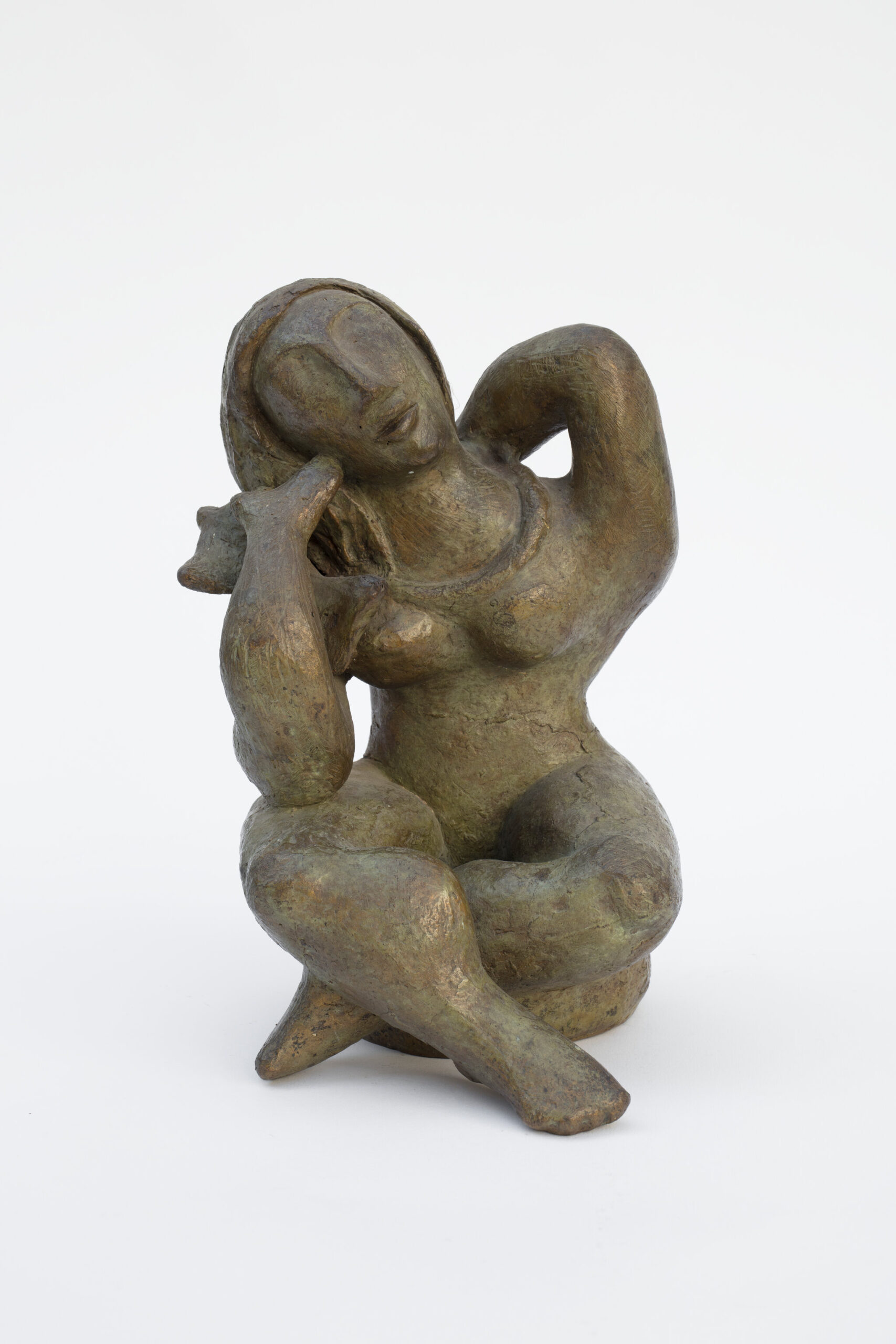
Geles Cabrera
Untitled, Circa 1960
Bronze
23 × 14 × 15 cm (9 × 5 ½ × 5 ⅞ inches)
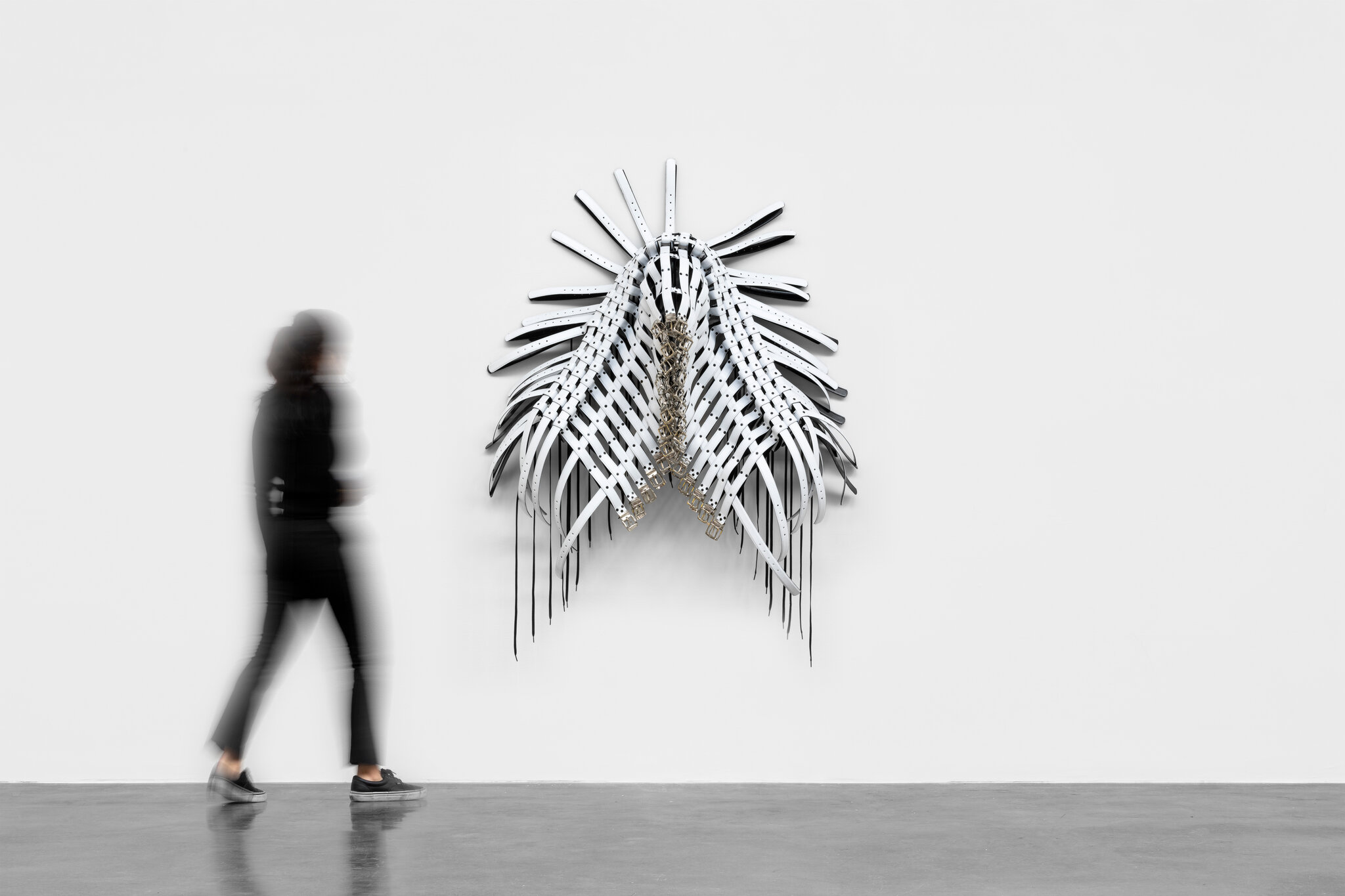
Bárbara Sánchez-Kane
Estaciones cambiantes, 2022
Plastic, polyester, metal, and flatbed print
160 × 140 × 40 cm (63 × 55 ⅛ × 15 ¾ inches)
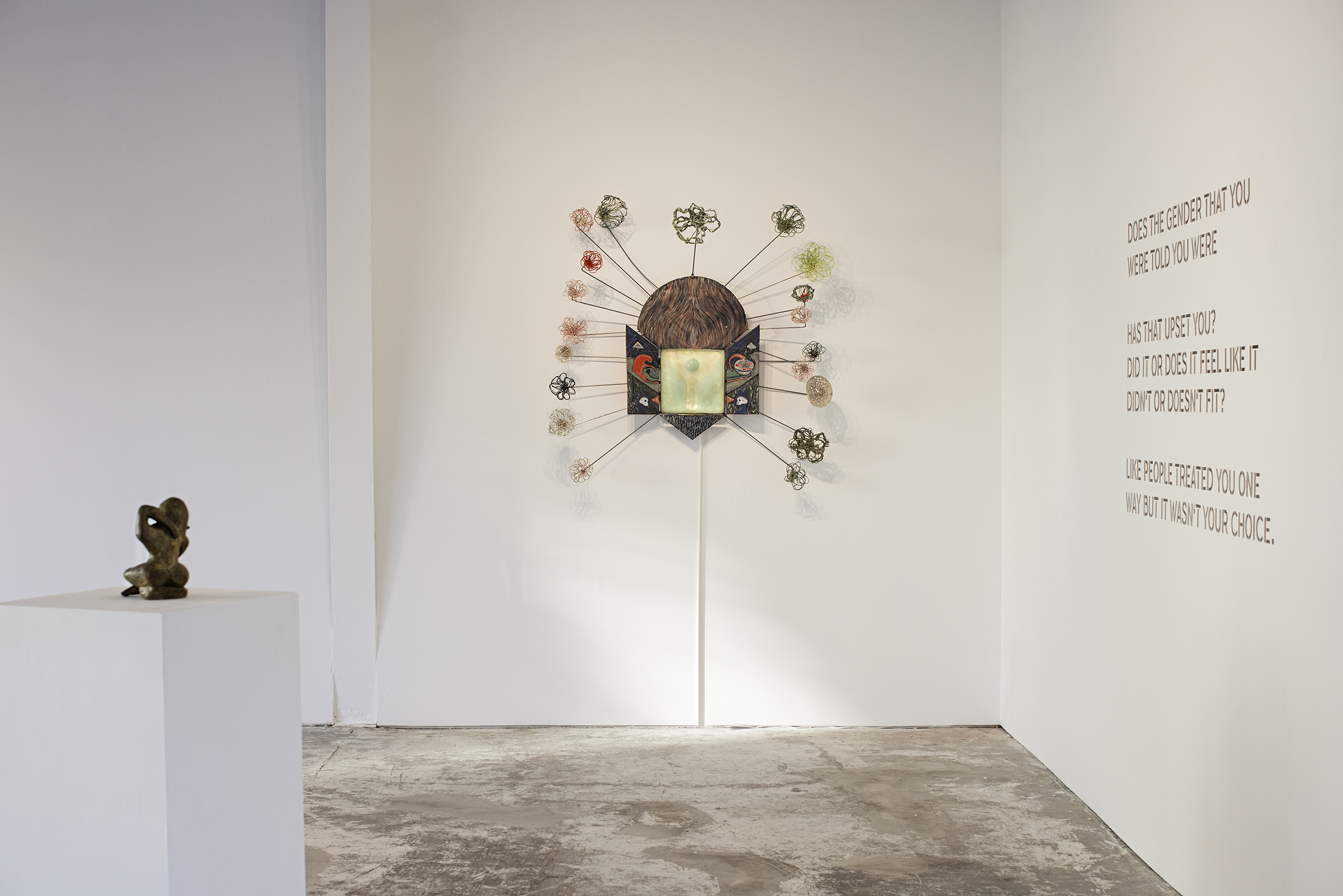
Vida Social, 2023
Exhibition view
From left to right:
Geles Cabrera, Emilio Gómez Ruíz, Puppies Puppies (Jade Guanaro Kuriki-Olivo)
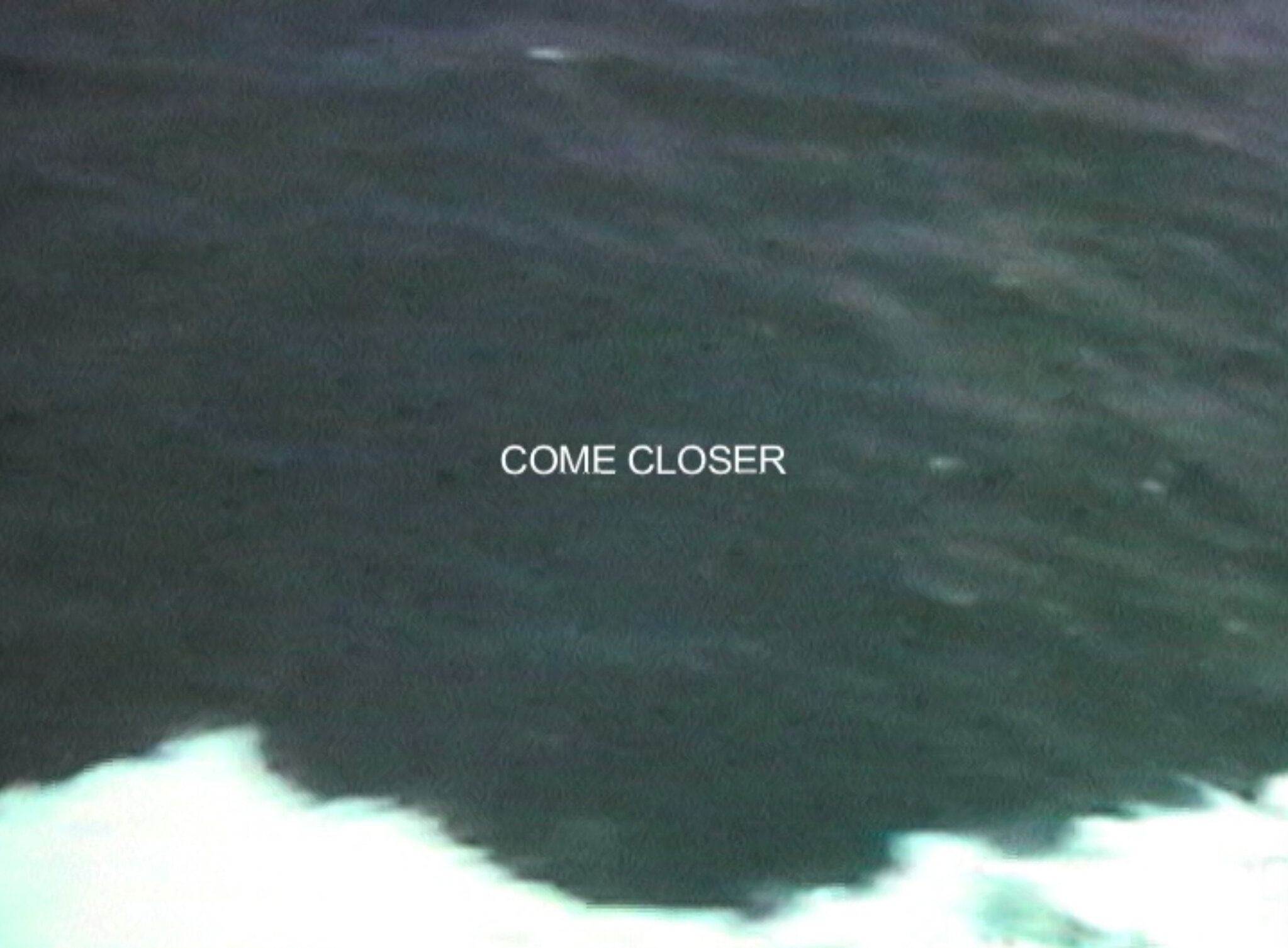
Renée Green
Come Closer, 2008
Digital film, color, sound
12:00
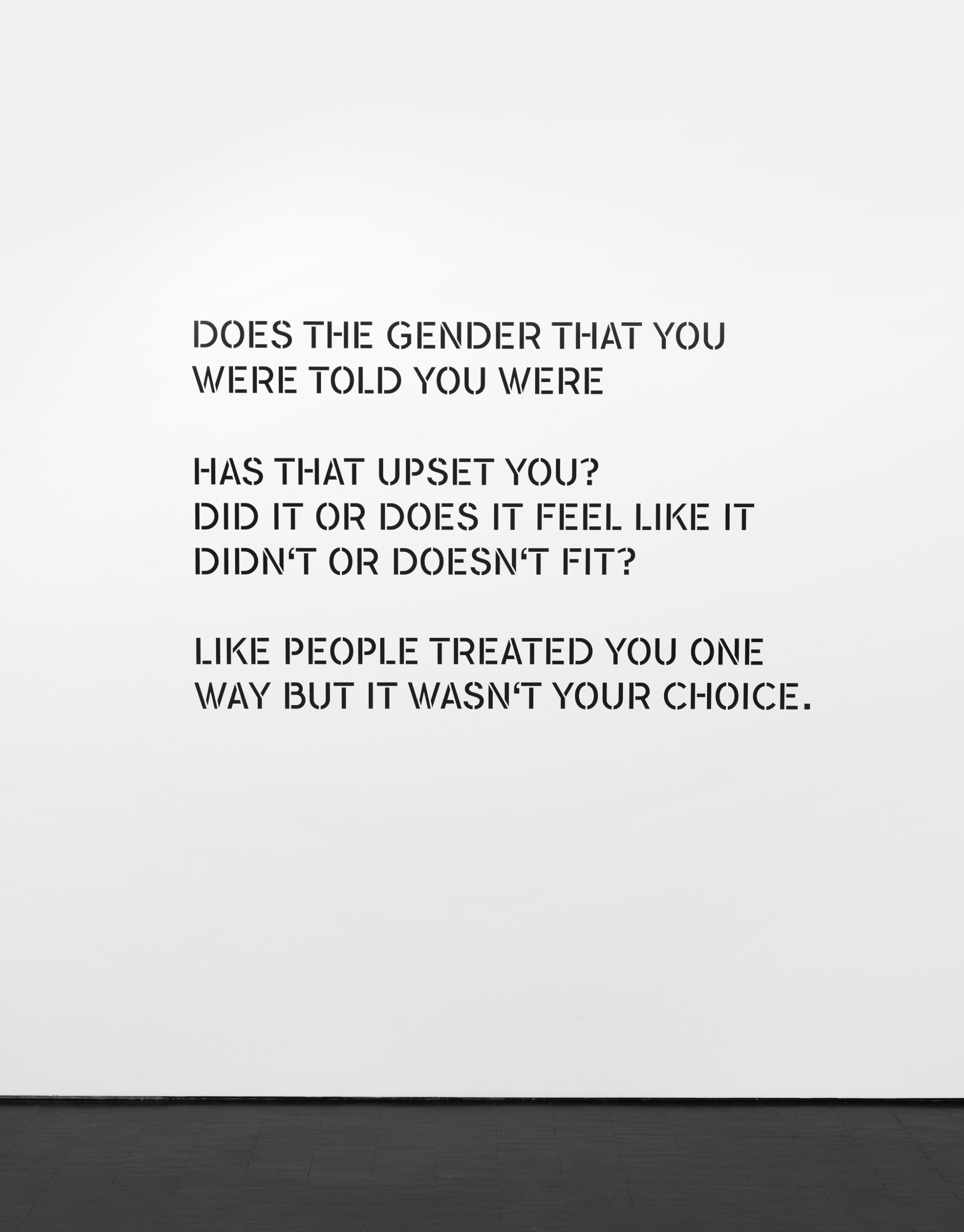
Puppies Puppies (Jade Guanaro Kuriki-Olivo)
Does The Gender That You Were Told You Were/ Has That Upset You? Did It Or Does It Feel Like
It Didn’t Or Doesn’t Fit?/ Like People Treated You One Way But It Wasn’t Your Choice, 2022
Vinyl Text
Dimensions variable
Edition of 1 plus I AP

Emilio Gómez Ruiz
Helado Caliente, 2022
High fire ceramic, glass, metal
135 × 140 × 60 cm (53 ⅛ × 55 ⅛ × 23 ⅝ inches)
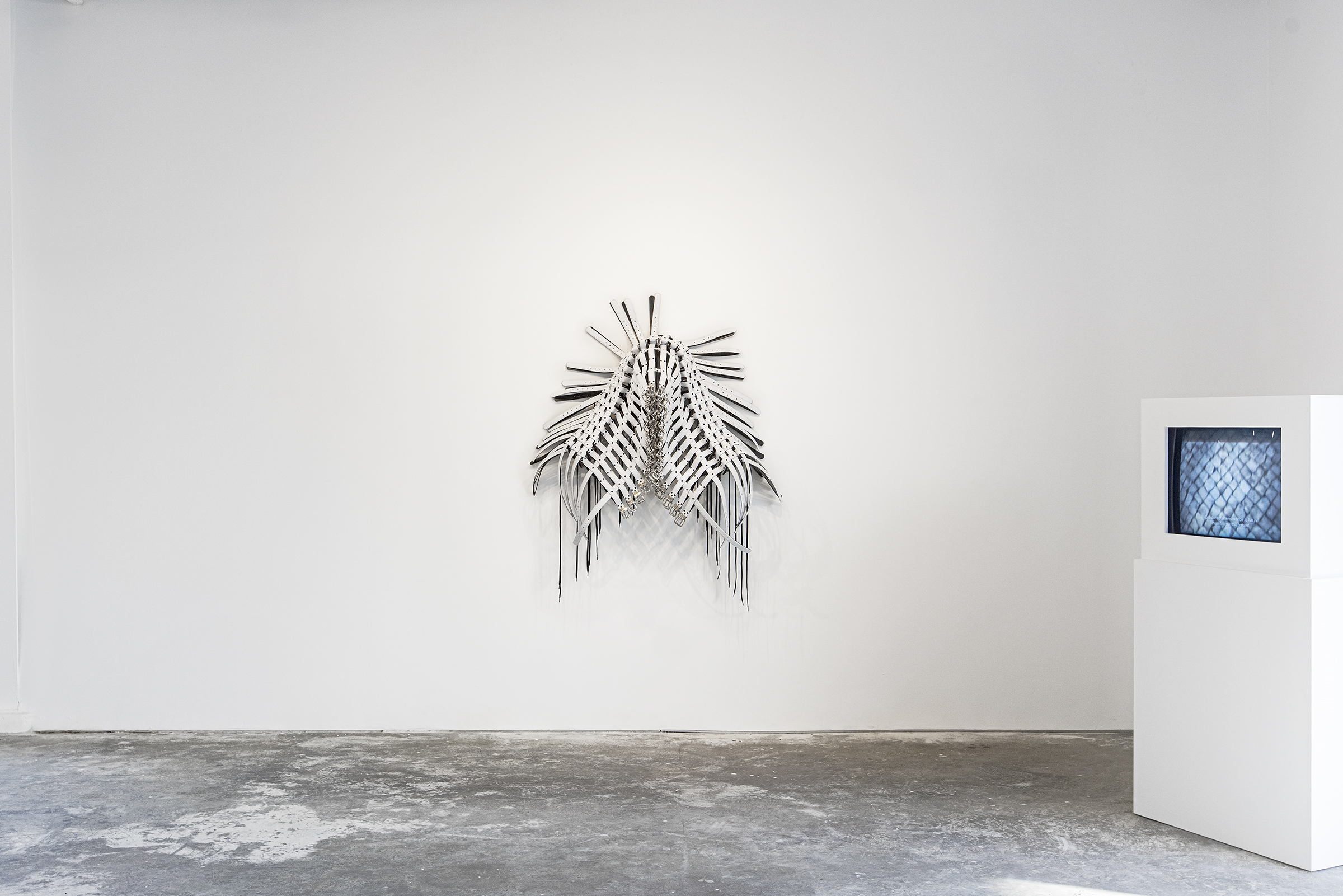
Vida Social, 2023
Exhibition view
From left to right:
Barbara Sánchez Kane, Renée Green